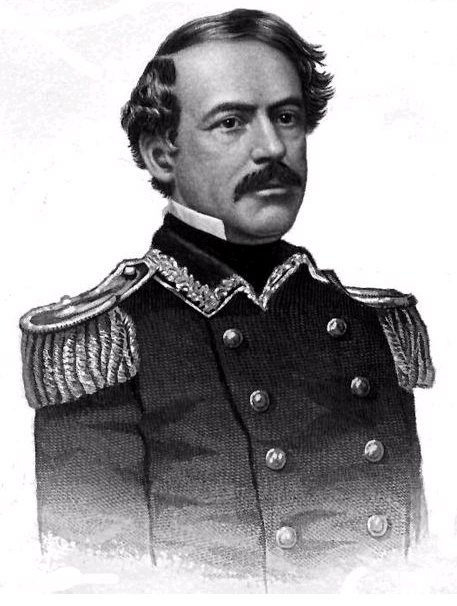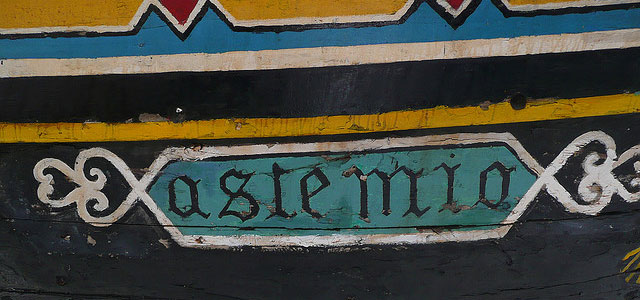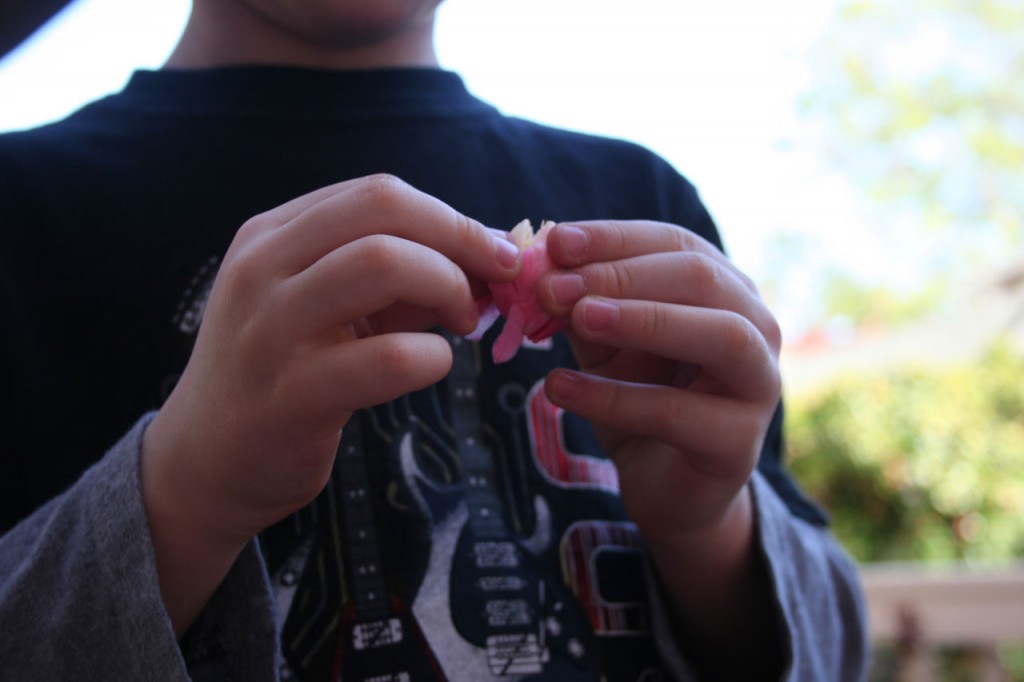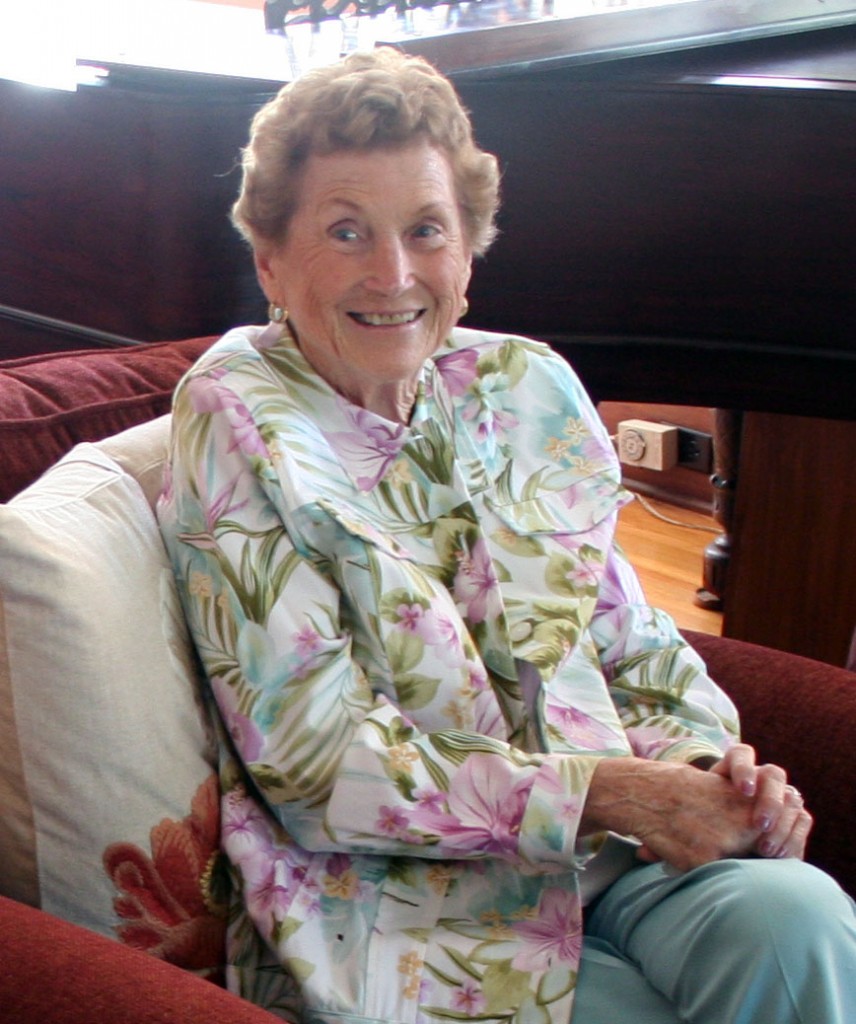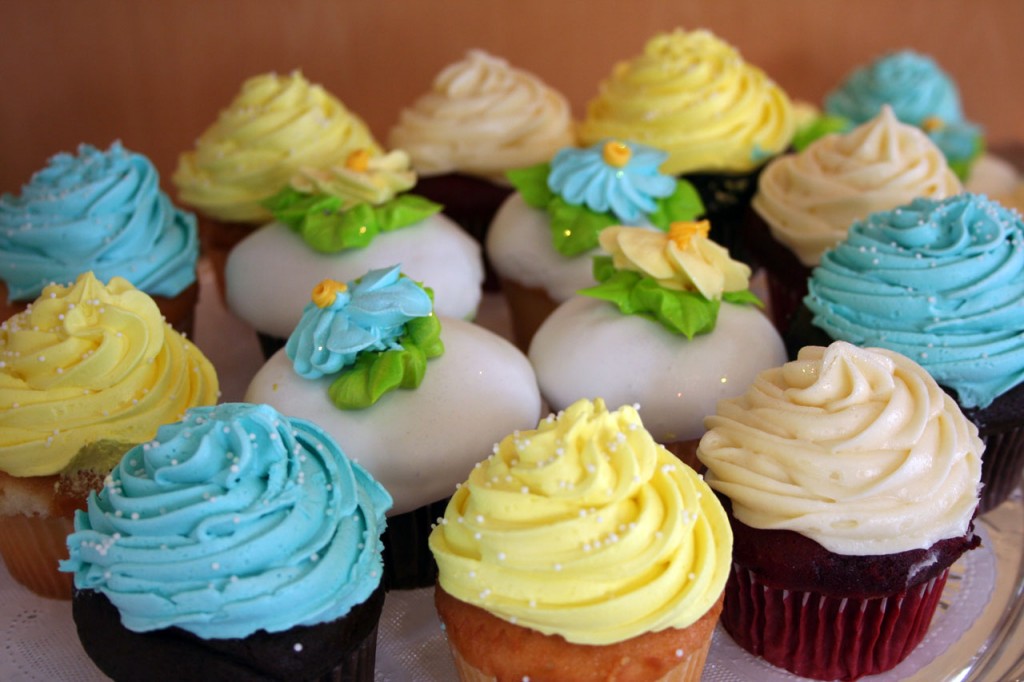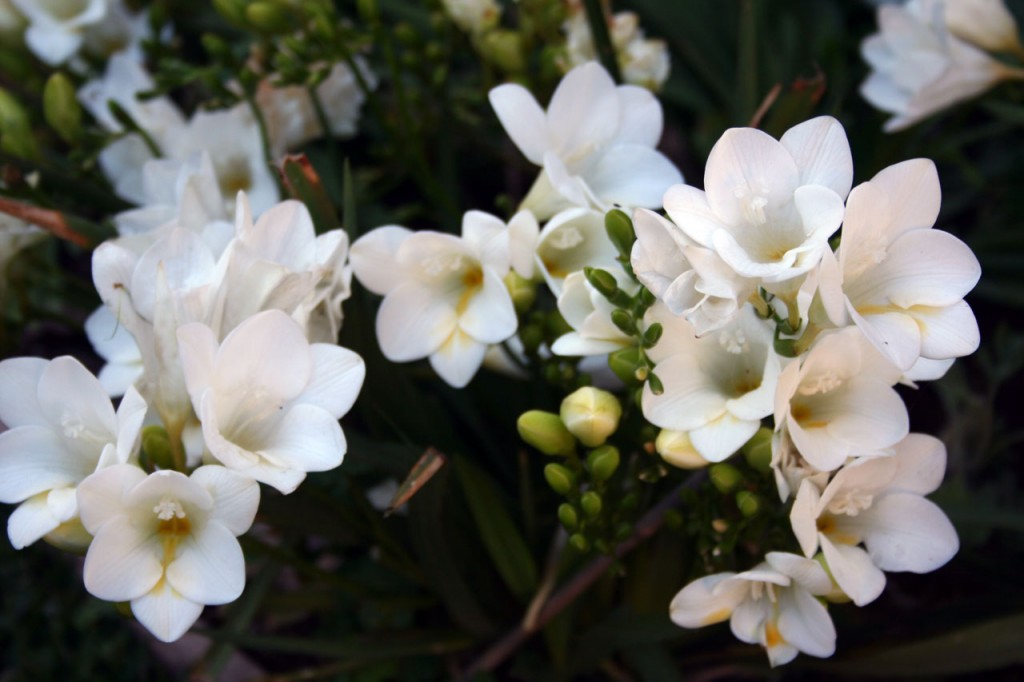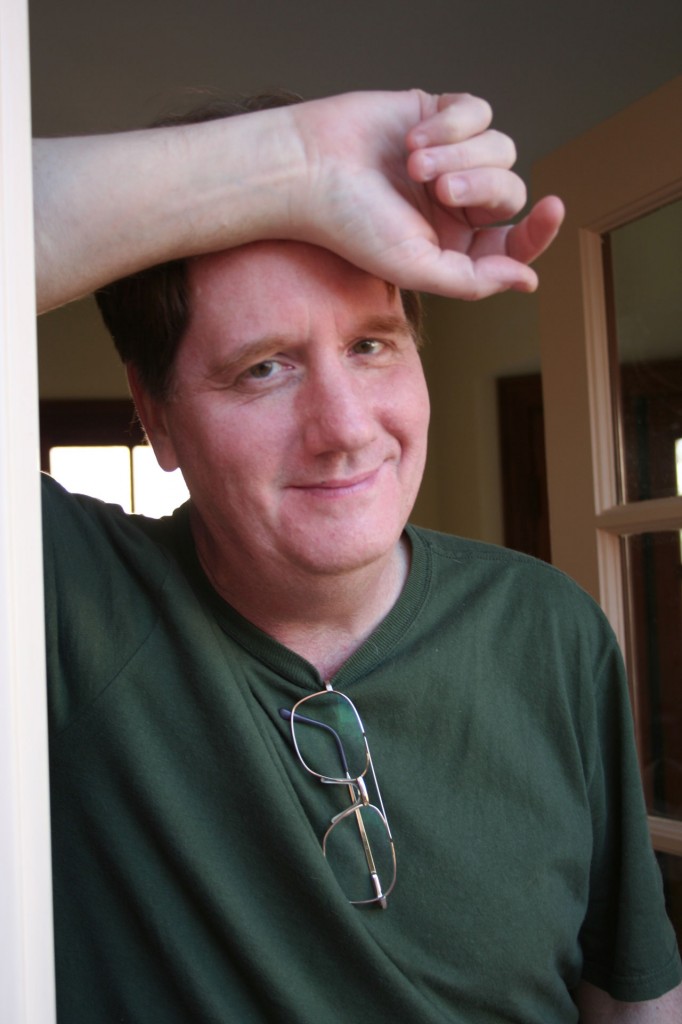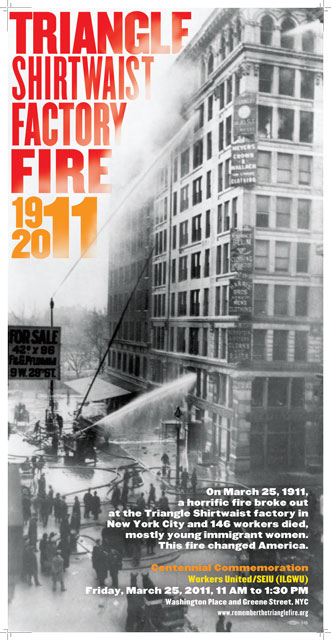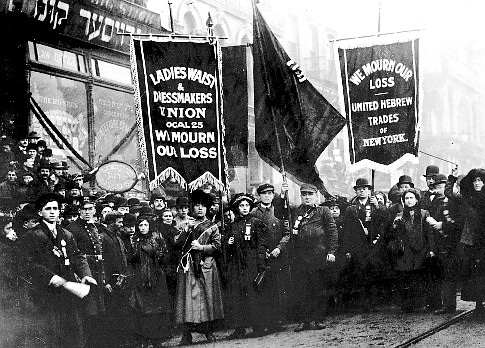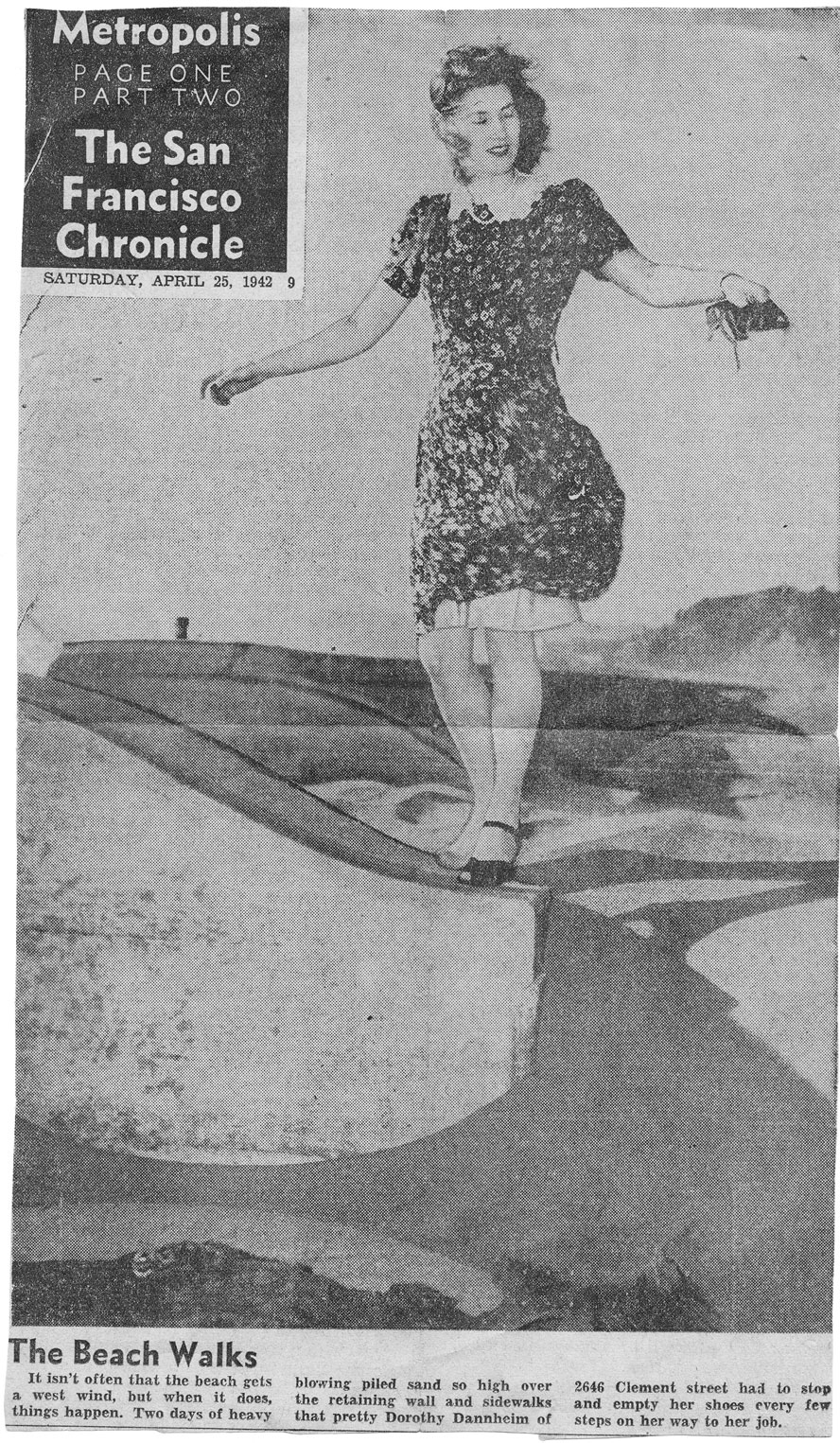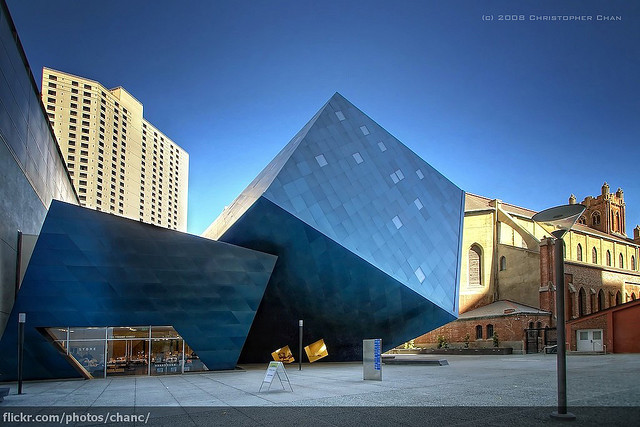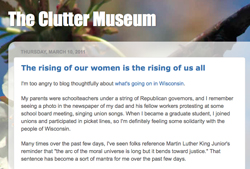I.
When he was sifting through his father’s papers, my cousin Ian found an essay I wrote in 1996, and he kindly forwarded a digital copy to me a couple years back. (I had sent the essay to my great-uncle John 15 years ago because he helped me out by providing some photographs to illustrate the paper.) The essay, written for an undergraduate course in nature writing, weaves together family history and seismology. I was not yet 21 years old when I typed it on my Mac Classic II in my dorm room at Grinnell College.
I was rereading the essay tonight and retyping it as my computer isn’t recognizing the text of the PDF. And you know what? It holds up. All that stuff my high school teachers and undergrad professors told me about being a good writer? I really should have listened more carefully and maintained those narrative nonfiction muscles.
Honestly, I wrote better as an undergraduate than I do today. That’s pretty depressing.
II.
My grandfather died 20 years ago yesterday. I still miss him. I called my grandmother yesterday to see how she’s doing. I really enjoy our chats, however brief they may be. She wasn’t feeling well at all–she’s dying too slowly of the cancer, just as Pops was two decades ago in an adjacent bedroom of their bright yellow California bungalow.
It sounds as if the doctors are giving her a fairly aggressive treatment so that she doesn’t die of the cancer–colorectal cancer is apparently a pretty horrifying way to die, but I’ll spare you the details–but rather of something else: The treatment? A common cold + a compromised immune system? An overdose of pain medication? Who knows? (This is difficult to write, but I remember my writing profs saying that the uncomfortable stuff makes for the best writing. I’m not buying that at this moment.) The result is that the combination of radiation, chemotherapy, and pain pills, coupled with the confusion of managing and combining all her prior meds with the new ones, is making her miserable.
I knew I couldn’t bring up the anniversary of Pops’s passing. And maybe she herself had forgotten the anniversary, though I suspect not, as she is cursed–a few months ago, before her diagnosis, I would have said blessed–with a clarity of mind that makes coming to terms with her own illness all the more difficult. Her mind and pain are both exceptionally sharp.
III.
I was following an Internet rabbit hole yesterday and happened to click on a photographer’s portfolio of family portraits. In the background of one was the play structure at a park in Davis where Lucas and I often met a good friend and his kids. I choked when I saw the yellow slides that Lucas was at first so hesitant to go down. I remembered the welcome temperature of the shade, the cold concrete of the picnic table’s benches, the heavenly sandwiches half-wrapped in waxy paper from the deli of my favorite grocery store.
I’ve gained so much here–great colleagues, academic freedom, autonomy, a clearer sense of my intellectual self, a renewed vision for my own public history practice, great students, and a recovered self-confidence.
But.
IV.
I miss California. A lot. Not enough to pull up stakes and go back right away–I’m committed to pursuing tenure here, as I think the department and university are a really good fit for who I am and what I do, and Lucas has landed a spot in what may be the best school in the state–but enough that I think about it every day, wondering when I can return and thinking about whether I’d prefer northern or southern California, as I’ve lived in both regions and both have their charms. I fantasize about entrepreneurship, about kickstarting something big with Fang that will allow us to move into a home within reach of Pacific breezes.
I also recognize this is a pattern. I long to be wherever it is I’ve left. More than a third of my Master’s thesis for my M.A. in poetry writing is about missing central Iowa. When I was in Long Beach for a year between a stint in Iowa and moving back to Davis, I thought constantly about Davis’s idyllic charms. In Davis I thought about the big, sunny rooms in my parents’ house, and how three generations of my family still live on the same block, and how nice it was to be able to wander half a block to Grandma’s house to share a cookie and lemonade with her and to talk about her cats or whatever reality show she happened to be hooked on at the moment. When I was an undergraduate for a semester in Fredericksburg, I kept envisioning the pastel wallpaper and semigloss-white windowsill next to my bed in my childhood bedroom, and I wanted nothing more than to stare at that corner, which in my previous residence in the house had seemed so prosaic.
V.
Things that would help in the short term:
- Moving to the other side of Boise. It’s where all the ex-pat Californians live.
- Spending more time downtown, among the funky shops and in the humanely-scaled urban streetscape.
- Exploring the foothills. Hikes.
- Bicycling.
- Fresh spring and summer produce. (If fruits & veggies would finally show up at the just-reopened farmer’s market. . .)
- Gardening.
- A long spring. It’s still too early to plant tomatoes here–as the locals point out, the snow is still on Shafer Butte–and I’m going to be pissed if we get only two weeks of spring before summer gets blazing hot.
- Lots of writing, lots of processing, sparked by a more intense Shiva Nata practice.
- Maybe Friends meetings. Discernment.
How do you ground yourself in place? How do you live in the now when past places sing their siren songs?
